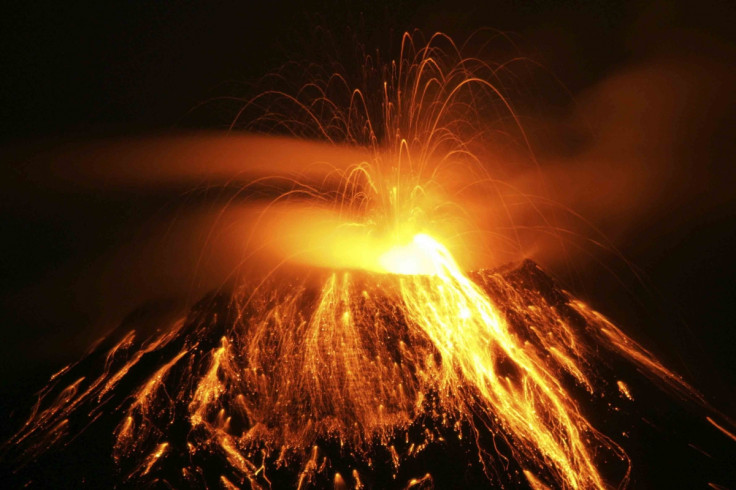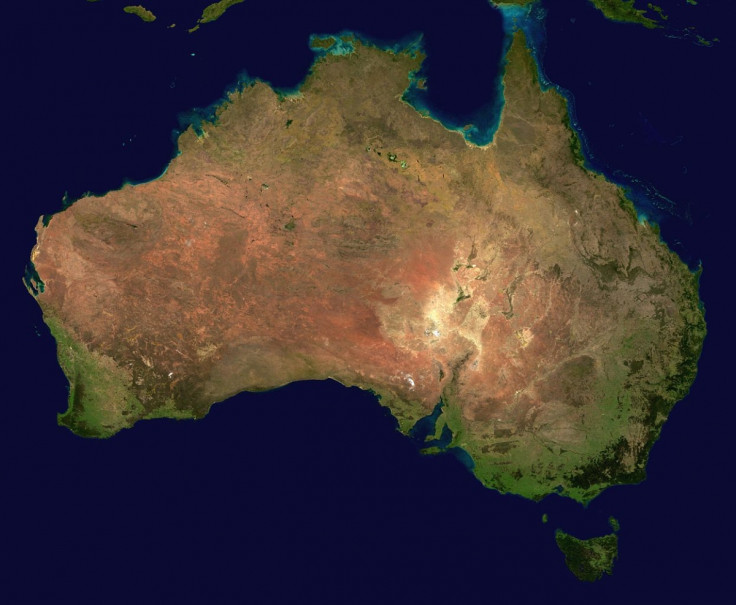First Mass Extinction 500 Million Years Ago 'Caused by Volcanic Eruptions in Australia'

The first ever mass extinction event on Earth was caused by massive ancient volcanic eruptions in Australia 510 million years ago, scientists have said.
Eruptions at the Kalkarindji volcanic province, in the Northern Territory and Western Australia, covered over two million square kilometres of land in lava.
According to researchers at Curtin University, the eruptions significantly altered the climate and led to the extinction of complex multicellular life.
Professor Fred Jourdan, who together with an international team of researchers, used radioactive dating techniques to examine these eruptions and found they took place at the same time as the Early–Middle Cambrian extinction event.
"It has been well-documented that this extinction, which eradicated 50% of species, was related to climatic changes and depletion of oxygen in the oceans, but the exact mechanism causing these changes was not known, until now," he said.
Published in the journal Geology, the team demonstrated a "near perfect chronological correlation" between the eruptions, climate shifts and mass extinctions. They found the chance that the correlation was just a coincidence was one in 20 billion.

"Not only were we able to demonstrate that the Kalkarindji volcanic province was emplaced at the exact same time as the Cambrian extinction, but were also able to measure a depletion of sulphur dioxide from the province's volcanic rocks – which indicates sulphur was released into the atmosphere during the eruptions," Jourdan said.
"As a modern comparison, when the small volcano Pinatubo erupted in 1991, the resulting discharge of sulphur dioxide decreased the average global temperatures by a few tenths of a degree for a few years following the eruption.
"If relatively small eruptions like Pinatubo can affect the climate just imagine what a volcanic province with an area equivalent to the size of the state of Western Australia can do."
The change in climate caused by the eruptions would have made it extremely difficult for many species to adapt, leading to their extinction.
Researchers also noted that their findings provide an insight into the current changes to the environment: "To comprehend the long-term climatic and biological effects of the massive injections of gas in the atmosphere by modern society, we need to recognise how climate, oceans and ecosytems were affected in the past."
© Copyright IBTimes 2025. All rights reserved.






















